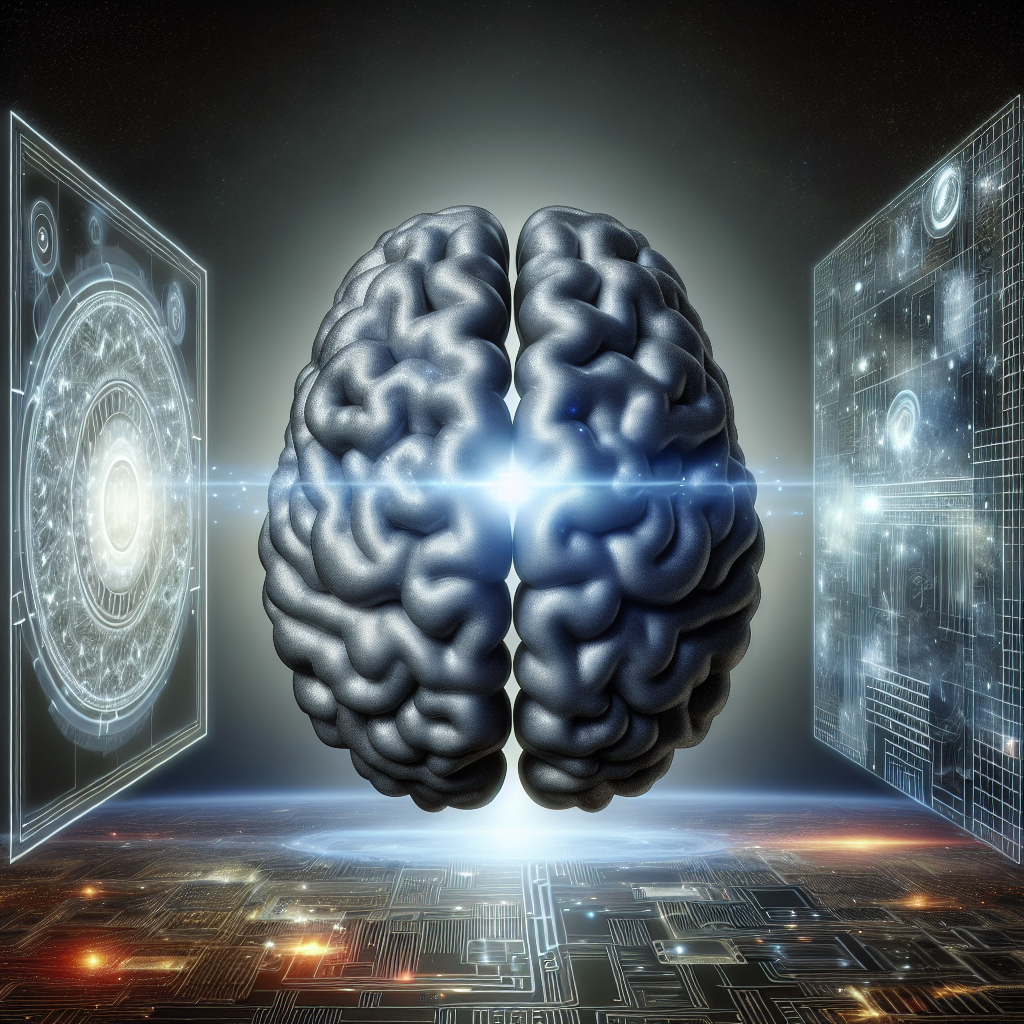Artificial General Intelligence (AGI) is a term used to describe the hypothetical ability of a machine to perform any intellectual task that a human can do. While artificial narrow intelligence (ANI) systems have made significant advancements in specific tasks such as playing chess or recognizing images, AGI aims to replicate the full range of human cognitive abilities. The possibilities and limitations of AGI are a topic of much debate among researchers and experts in the field of artificial intelligence. In this article, we will explore the potential of AGI as well as the challenges and limitations that may hinder its development.
Possibilities of AGI:
1. Problem-solving: One of the key capabilities of AGI is its ability to solve complex problems in a variety of domains. AGI systems could potentially outperform humans in areas such as scientific research, engineering, and mathematics.
2. Creativity: AGI systems have the potential to exhibit creativity and innovation in ways that surpass human capabilities. They could generate new ideas, designs, and solutions to problems that may not have been considered by humans.
3. Adaptability: AGI systems could adapt to new situations and environments quickly and efficiently. They could learn from their experiences and improve their performance over time, much like humans do.
4. Communication: AGI systems could engage in natural language conversations with humans, allowing for more seamless interaction and collaboration. This could revolutionize the way we communicate and work with machines.
5. Automation: AGI systems could automate a wide range of tasks that are currently performed by humans, leading to increased efficiency, productivity, and cost savings in various industries.
Limitations of AGI:
1. Ethical concerns: The development of AGI raises a host of ethical issues, including concerns about privacy, security, bias, and the potential for misuse of AI systems. Ensuring that AGI systems are developed and used responsibly will be a significant challenge.
2. Technical challenges: Building AGI is a complex and daunting task that requires advances in multiple areas of artificial intelligence, including machine learning, natural language processing, and robotics. Overcoming these technical challenges will require significant time, resources, and expertise.
3. Human-like intelligence: Replicating the full range of human cognitive abilities in an AGI system is a formidable challenge. While ANI systems can excel at specific tasks, achieving human-level intelligence in a machine remains a distant goal.
4. Unpredictability: AGI systems may exhibit behaviors that are difficult to predict or control, leading to potential risks and unintended consequences. Ensuring the safety and reliability of AGI systems will be a critical priority for researchers and developers.
5. Societal impact: The widespread adoption of AGI could have far-reaching implications for society, including job displacement, economic disruption, and changes in social norms. Addressing these societal impacts will require careful planning and collaboration across multiple stakeholders.
Frequently Asked Questions (FAQs):
Q: What is the difference between AGI and ANI?
A: AGI refers to a hypothetical machine that can perform any intellectual task that a human can do, while ANI systems are designed to excel at specific tasks or domains. AGI aims to replicate the full range of human cognitive abilities, while ANI systems are limited in scope.
Q: When will AGI be achieved?
A: The timeline for achieving AGI is uncertain, with estimates ranging from a few decades to a century or more. The development of AGI will depend on advancements in technology, research, and collaboration among experts in the field of artificial intelligence.
Q: What are the potential benefits of AGI?
A: AGI has the potential to revolutionize multiple industries, including healthcare, finance, transportation, and entertainment. It could lead to increased efficiency, productivity, and innovation, as well as new opportunities for human-machine collaboration.
Q: What are the risks of AGI?
A: The development of AGI raises concerns about ethical issues, technical challenges, unpredictability, and societal impacts. Ensuring the responsible and safe deployment of AGI systems will be crucial to mitigating these risks.
Q: How can we prepare for the advent of AGI?
A: To prepare for the advent of AGI, stakeholders must collaborate on research, policy development, and public engagement. This includes addressing ethical concerns, promoting transparency, and ensuring that AGI systems are designed and used in a way that benefits society as a whole.
In conclusion, the possibilities and limitations of AGI are vast and complex, with the potential to transform multiple aspects of our lives. While achieving human-level intelligence in machines remains a distant goal, the development of AGI holds promise for advancing technology, science, and society in ways that were previously unimaginable. By addressing the challenges and risks associated with AGI, we can harness its potential for the benefit of all.

